
When the muscle around the heart cannot be repaired we call it “Heart Failure”. This does not mean that the heart has completely failed.
The chance of having heart failure increases with age. Heart failure is typically a chronic condition, meaning it lasts a long time, at times for the rest of the person's life.
Common symptoms of heart failure include:
breathlessness, tiredness, swollen feet and ankles.There are other symptoms that depend on which part/side of your heart is most affected.
Left-sided heart failure influences your lungs and capability to breathe. breathlessness when exercising and/or when lying down,tremendous tiredness, wheezing and a cough. Right-sided heart failure concerns the fluid balance in the body.swollen ankles, feeling sick, extreme tiredness weight gain.There are certain complications of having heart failure such as a poor quality of life as carrying out every day activities can pose difficult. Depression is also a complication. More common complications are irregular heart beat (arrhythmia), damage to the brain caused by blood clots (stroke), blood clots in the lungs or legs and liver congestion.
There are many causes to heart failure like heart valves previously damaged, irregular heartbeat, a previous heart attack and high blood pressure. Other causes may include:
disease of the heart muscle.overactive thyroid gland (hyperthyroidism) inherited defects (congenital heart disease) anaemiaextreme alcohol useAfter an examination from your GP you may also be asked about your medical history and have additional tests, such as blood and urine tests ,an ECG (electrocardiogram), an echocardiogram (heart ultrasound scan), a chest X-ray to rule out other conditions.
There are many ways to self help heart failure and improves your life style including but not limited to maintaining a healthy weight and cutting down on salt. Also by eating a healthy diet and taking regular exercise will help tremendously.
Your GP can help you to make any life style changes and may be able to assemble for you to go to a rehabilitation program.
There are a wide range of medicines that can be used to ease the symptoms of heart failure.
Beta-blockers are used for the treatment of high blood pressure and certain studies have shown that precise ones can improve life expectancy in some patients with heart failure. Beta-blockers can cause a slow heart rate, tiredness, chilly hands and feet, insomnia, dizziness and impotence in men.
Diuretics are the most widespread used medicine for heart failure. They assist by helping to lessen the amount of fluid in your body, which in turn will make you urinate more frequently. Diuretics can lower your blood pressure, but can make you feel dizzy.
ACE inhibitors are Angiotensin-converting enzyme. These inhibitors assist your heart pump more blood and are often used to lower blood pressure. ACE inhibitors recover heart failure symptoms and extend life. The side-effects is low blood pressure.
Spironolactone is a kind of diuretic that works by interfering with the act of the hormone aldosterone.
Digoxin is used expecially if you have an irregular heart beat. It works by helping your heart beat more strongly and expectedly. The most common side-effect is feeling unwell.
A pacemaker is a little device, usually inserted under the skin in the upper chest. Electrical signals are sent from the pacemaker to your heart to arouse it to beat at a exact rate.
Implantable cardioverter defibrillator is alike to a pacemaker. However, an ICD can be checked with your heart rhythm and deliver a minute electric shock to return your heartbeat to normal if it notices a problem.


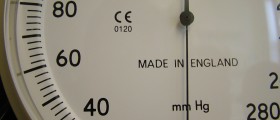


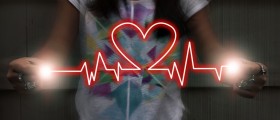

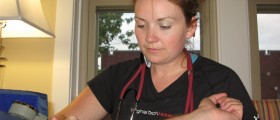


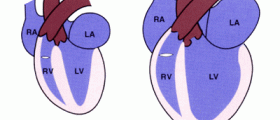
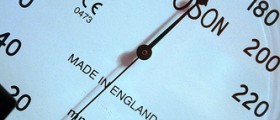

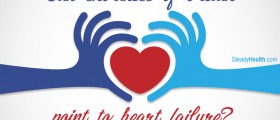
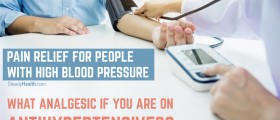

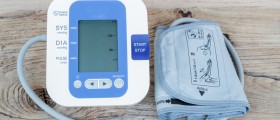
Your thoughts on this
Loading...